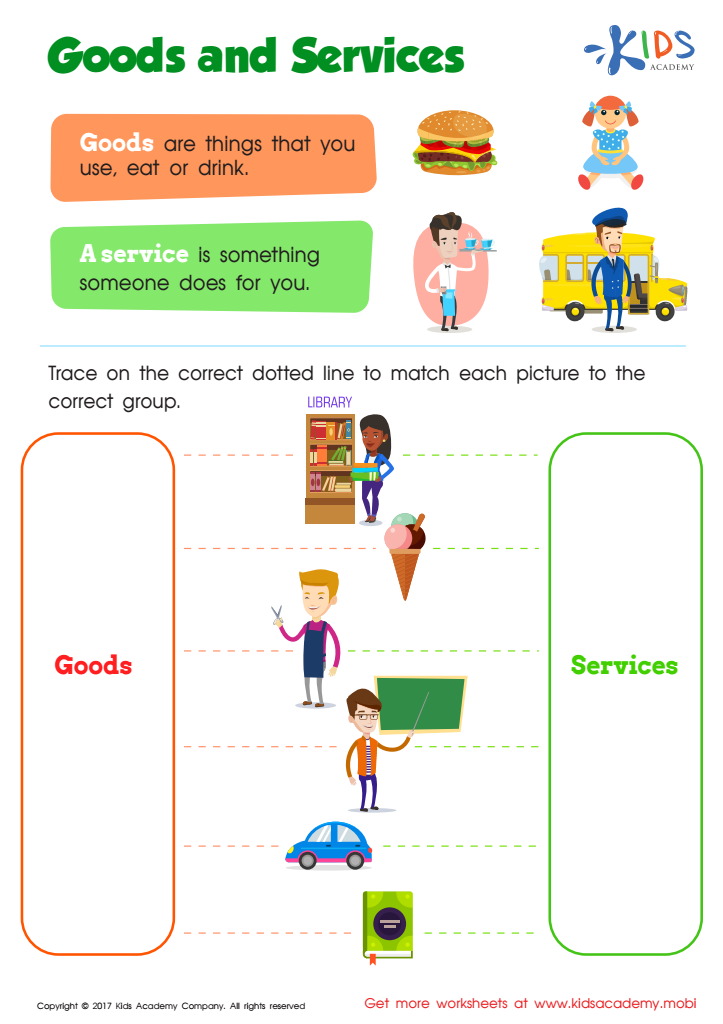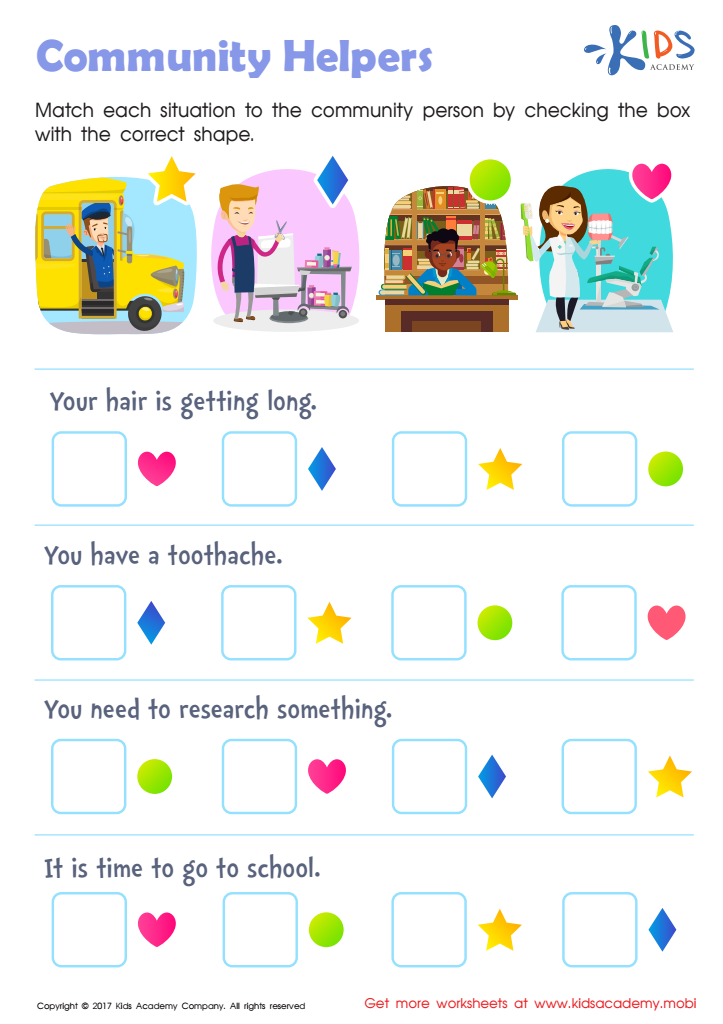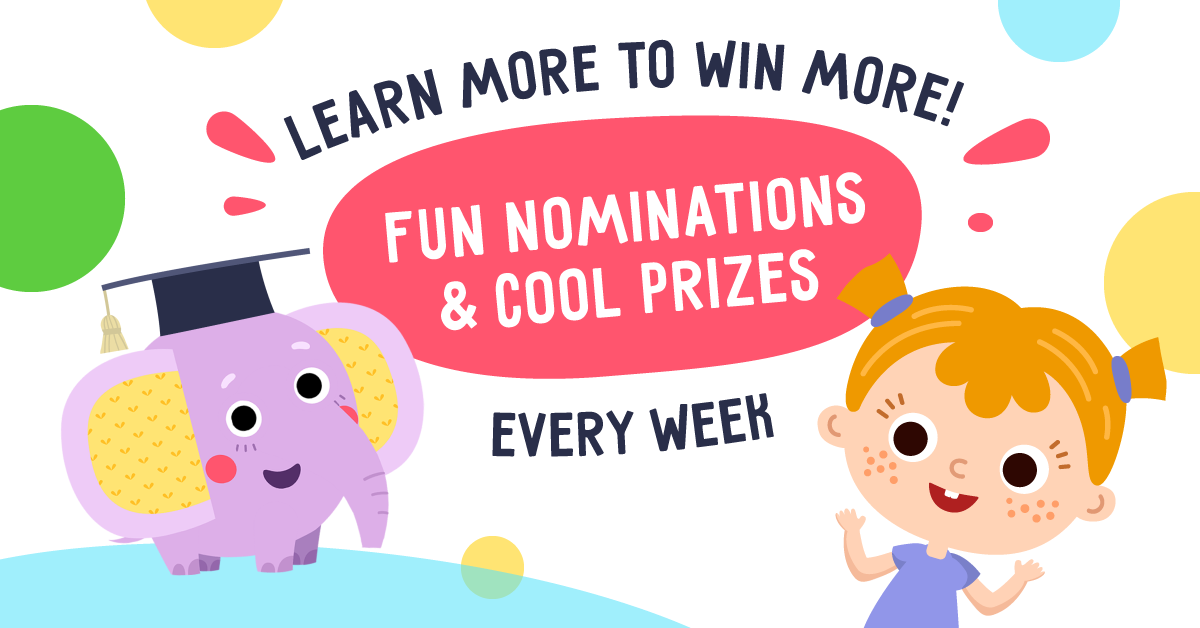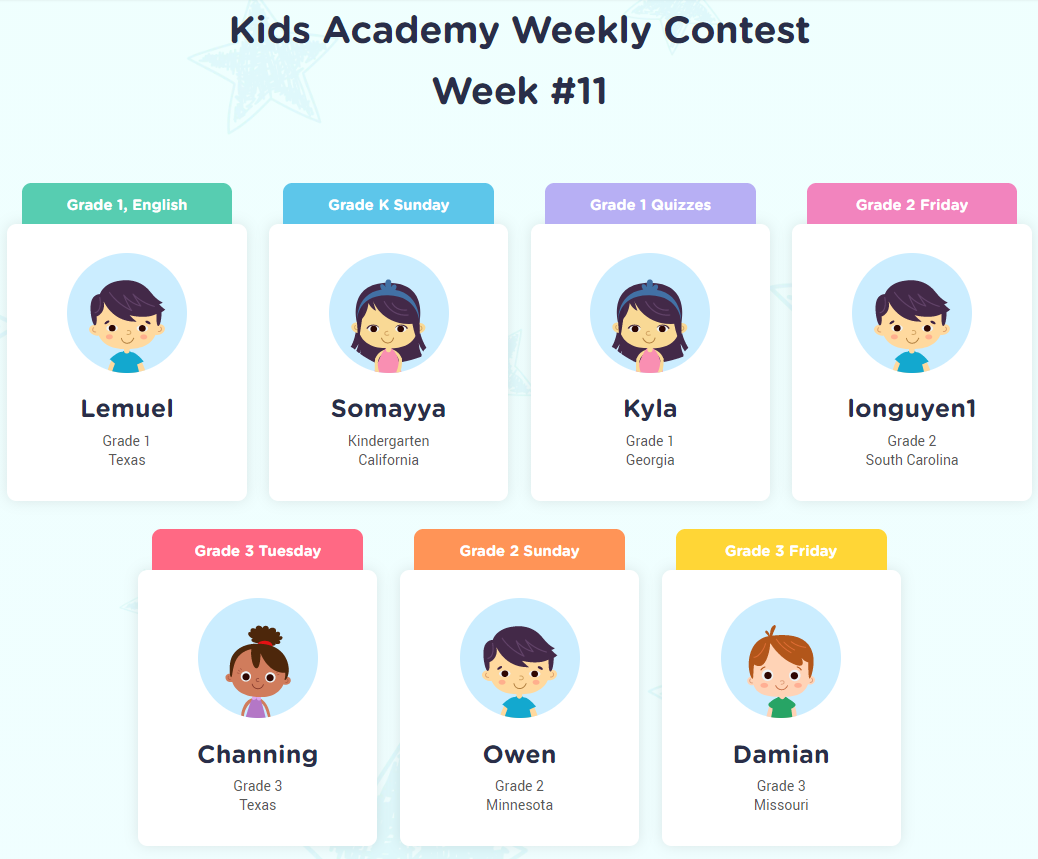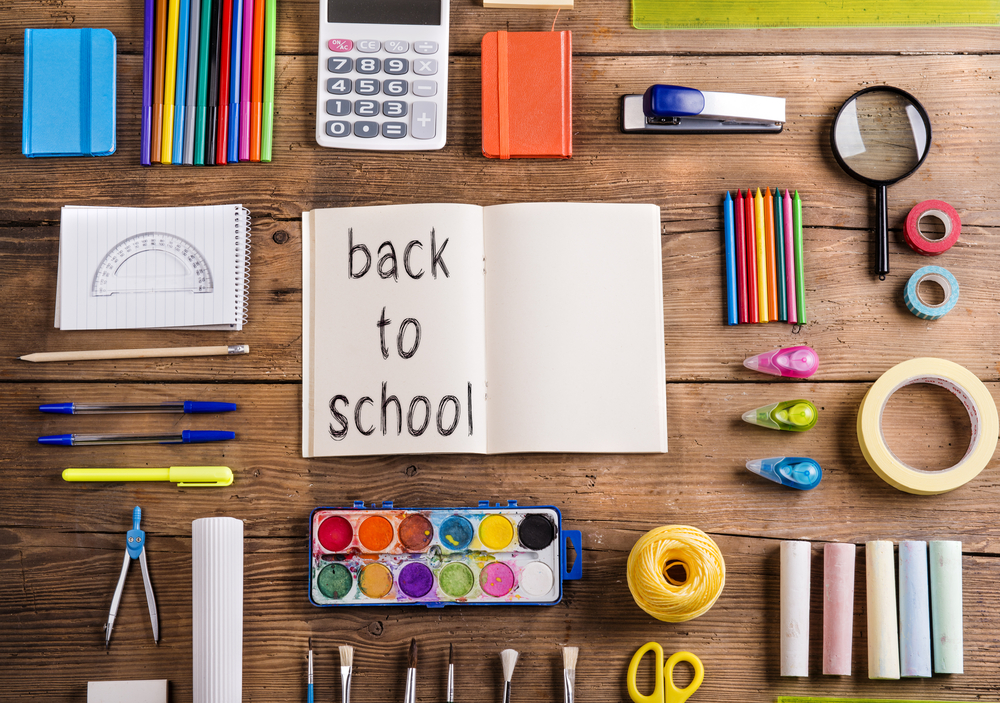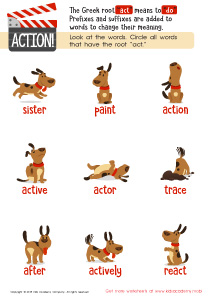Economic Systems worksheets for Grade 3
11 filtered results
Difficulty Level
Grade
Age
-
From - To
Subject
Activity
Standards
Favorites
With answer key
Interactive
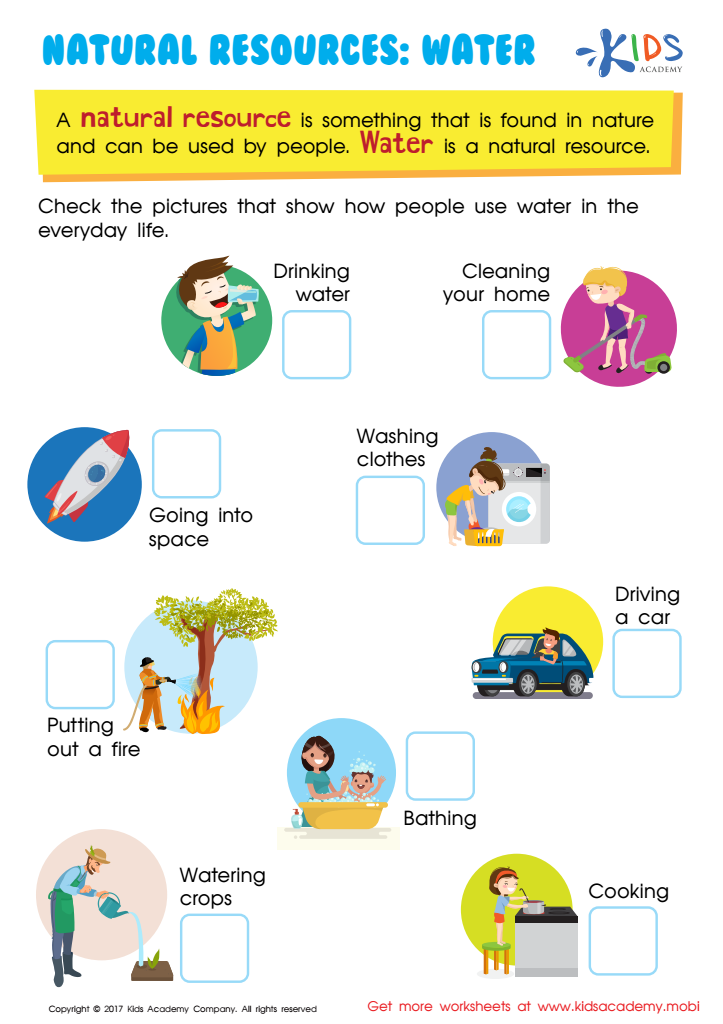

Natural Resources: Water Worksheet
With our natural resources water worksheet, your child will explore the significance of this precious resource.
Unlock your child’s understanding of water’s importance with our natural resources water worksheet. They’ll learn the many ways we use water in our day-to-day lives, and grasp the necessity of this vital natural resource.
Natural Resources: Water Worksheet
Worksheet
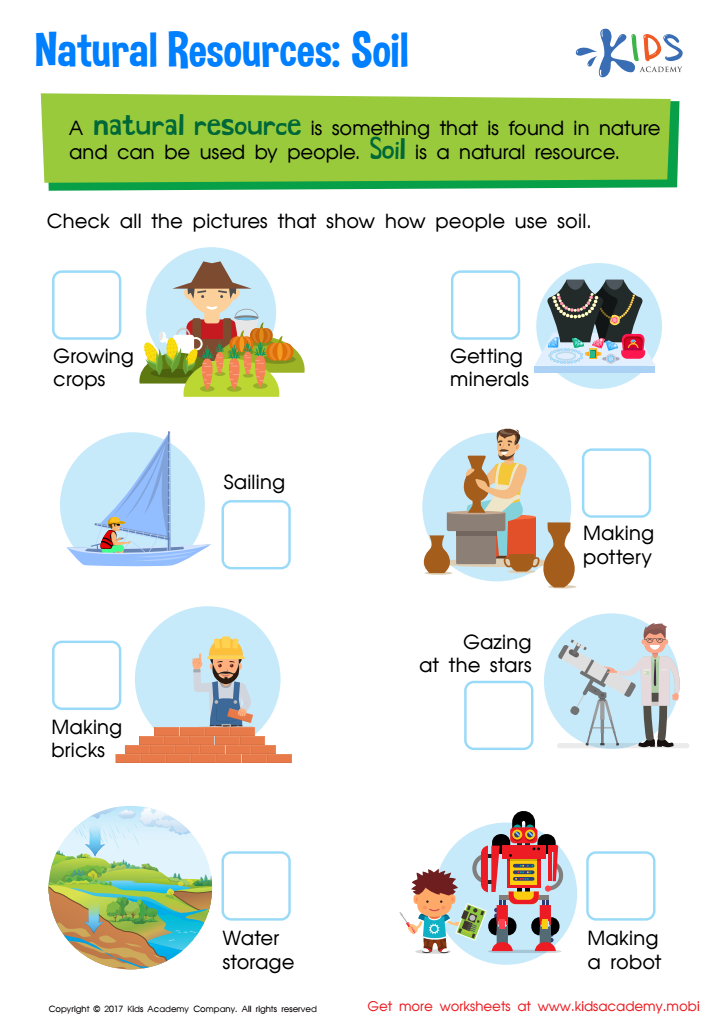

Natural Resources: Soil Worksheet
Discuss the importance of soil with your child: it supplies us with food, air, and water. It also preserves history, like fossils and artifacts. Soil is a key natural resource for us and our planet.
Natural Resources: Soil Worksheet
Worksheet
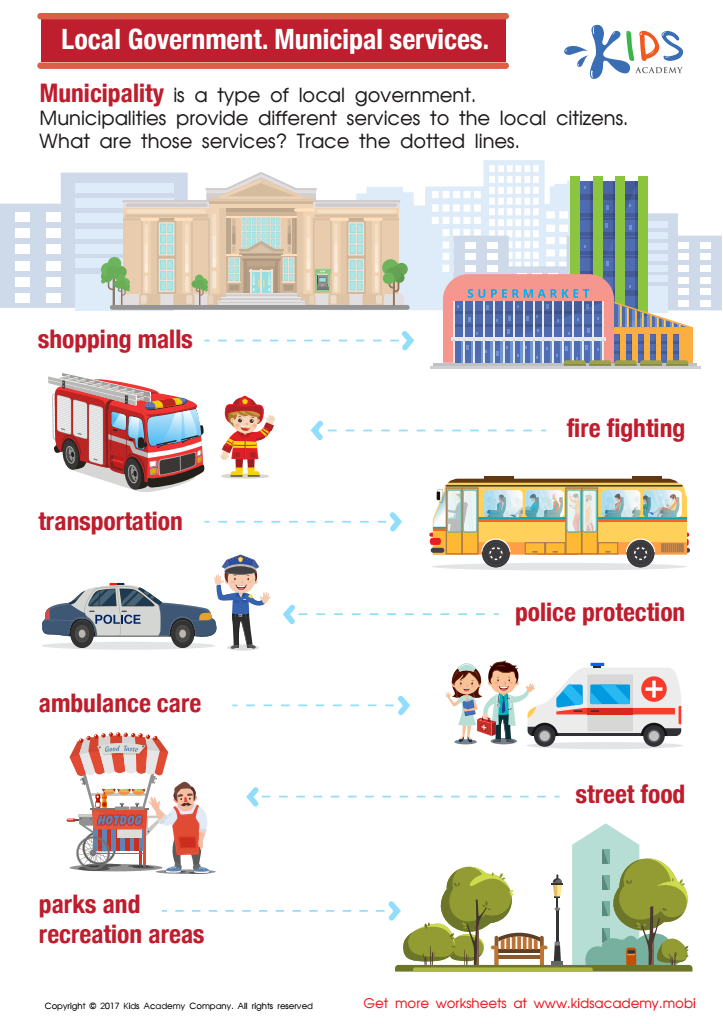

Local Government Worksheet
This local government worksheet helps 3rd graders learn about important local entities that impact our cities. Kids will make a connection between community services and local municipalities.
Local Government Worksheet
Worksheet
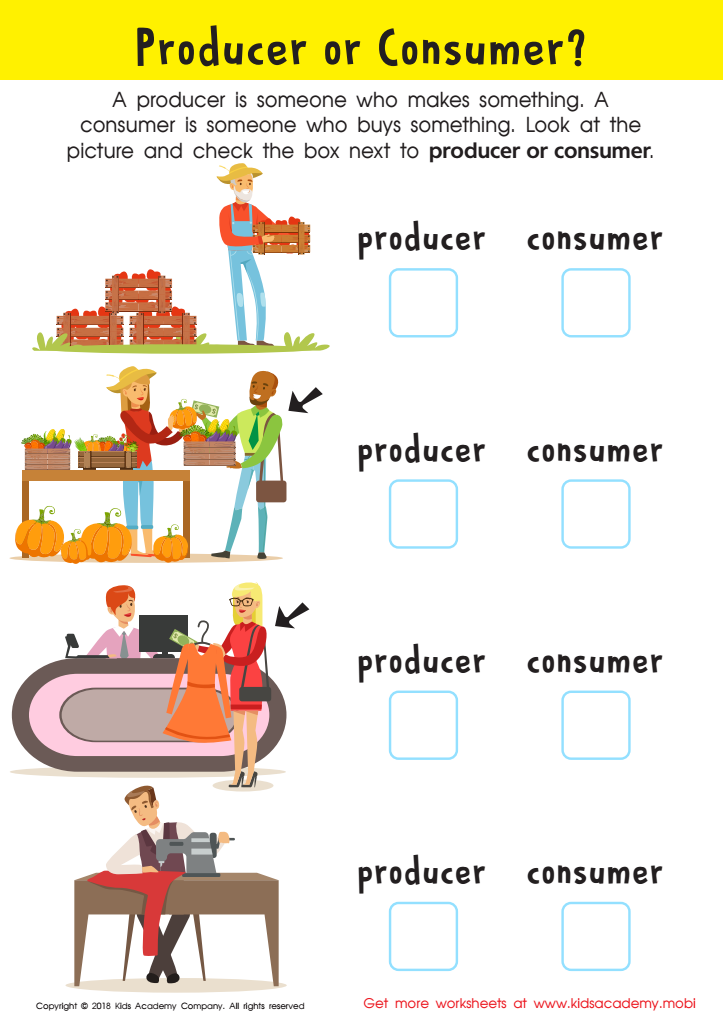

Producer or Consumer? Worksheet
Test your child's knowledge by asking who's a producer and consumer. Explain producer makes things and consumer buys them. Use a snack example. Look at the picture with your kids and help them check the box next to producer or consumer.
Producer or Consumer? Worksheet
Worksheet
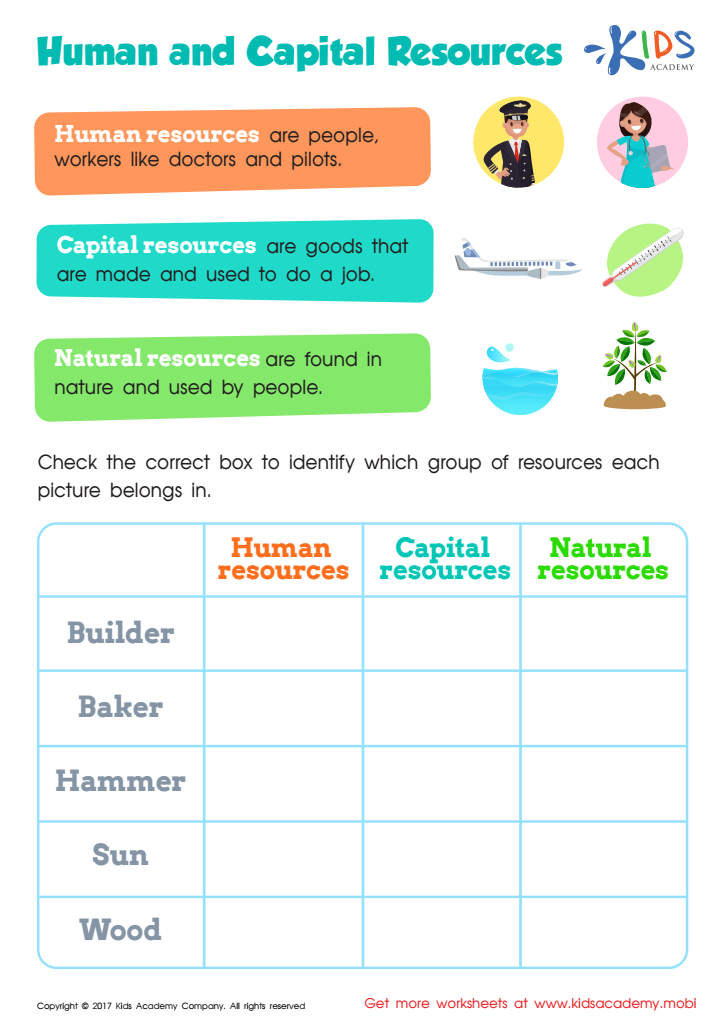

Human and Capital Resources Worksheet
It helps identify and differentiate human, natural and capital resources, so your kid can understand how each affects their world.
Human and Capital Resources Worksheet
Worksheet
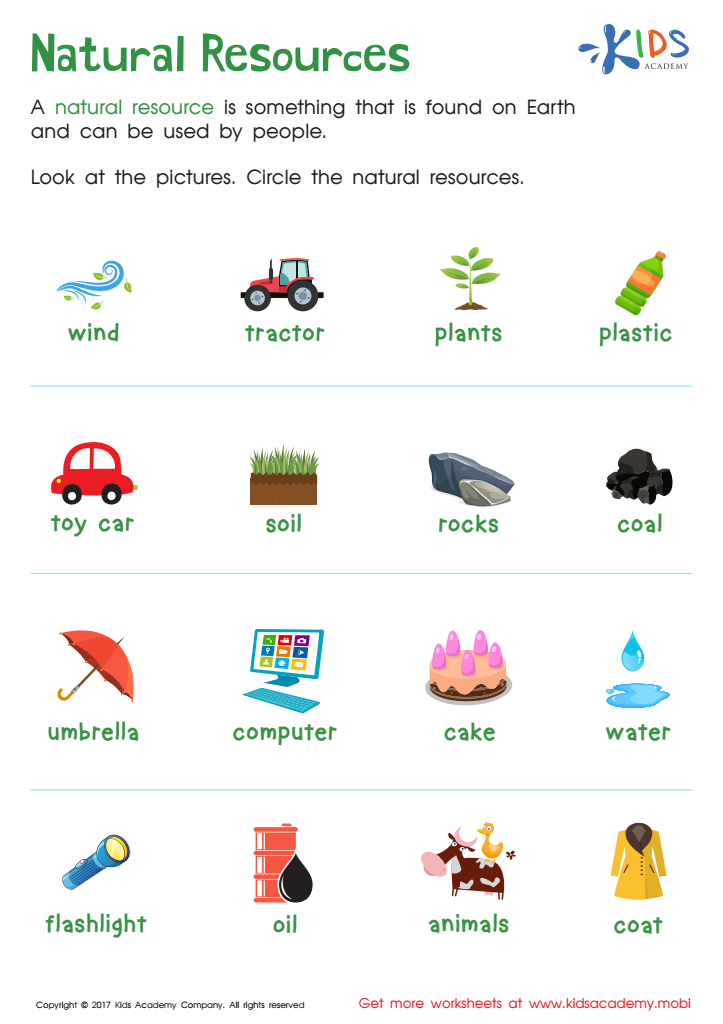

Natural Resources Worksheet
Use this engaging worksheet to explore nature’s resources and their importance. Teach your child about the importance of natural resources and how to conserve them with this fun worksheet!
Help your child explore and understand Earth's natural gifts! Use this challenging worksheet to identify natural resources and learn about their importance. Encourage your child to be mindful and conserve these precious resources. Enjoy teaching your child about nature's gifts with this fun worksheet!
Natural Resources Worksheet
Worksheet
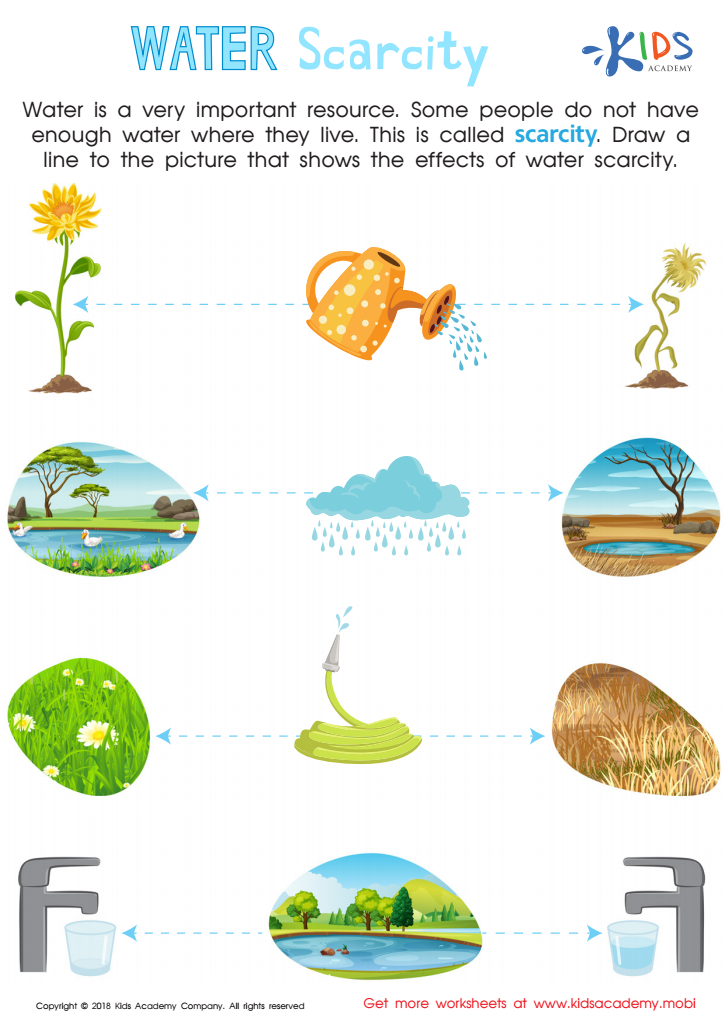

Water Scarcity Worksheet
Water is an essential part of our lives. Ask your students to list five everyday activities which require water. Use this worksheet to explain why water is important and how privileged we are to have access to it. Many people are not as lucky and face water scarcity. Explain this concept with a fun pdf, showing the effects of water scarcity.
Water Scarcity Worksheet
Worksheet
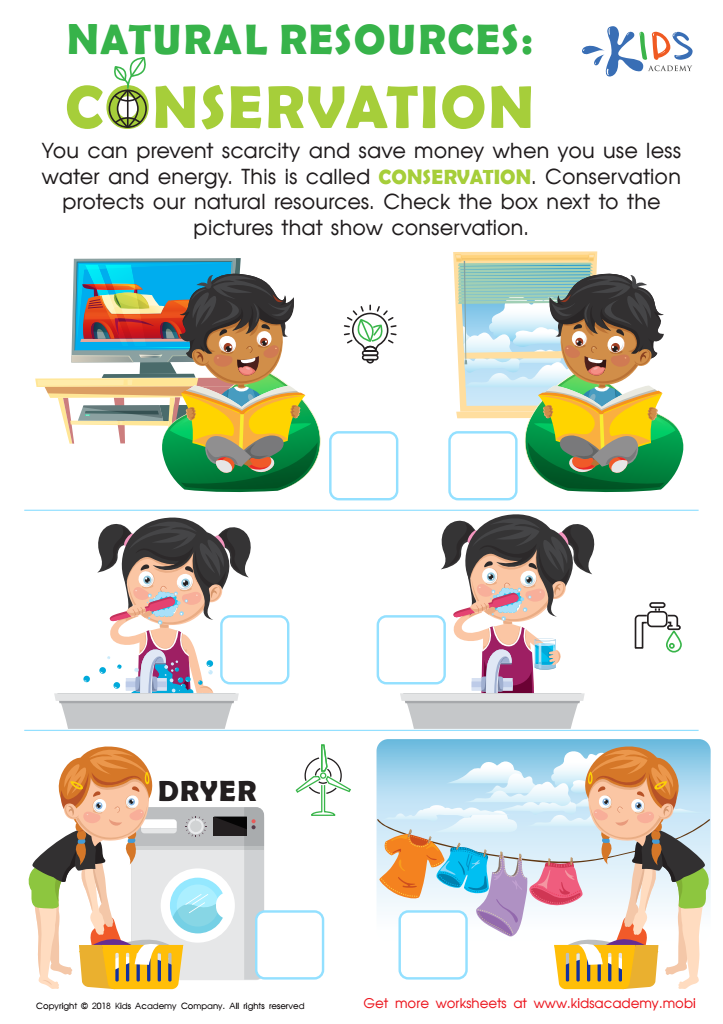

Natural Resources: Conservation Worksheet
Water scarcity is a challenge. When people don't have enough water, they can't do certain things. We can prevent this with conservation: using less energy and water. This helps protect our natural resources and saves money. Talk to your child about conservation and have them check the box next to the pictures that show it.
Natural Resources: Conservation Worksheet
Worksheet
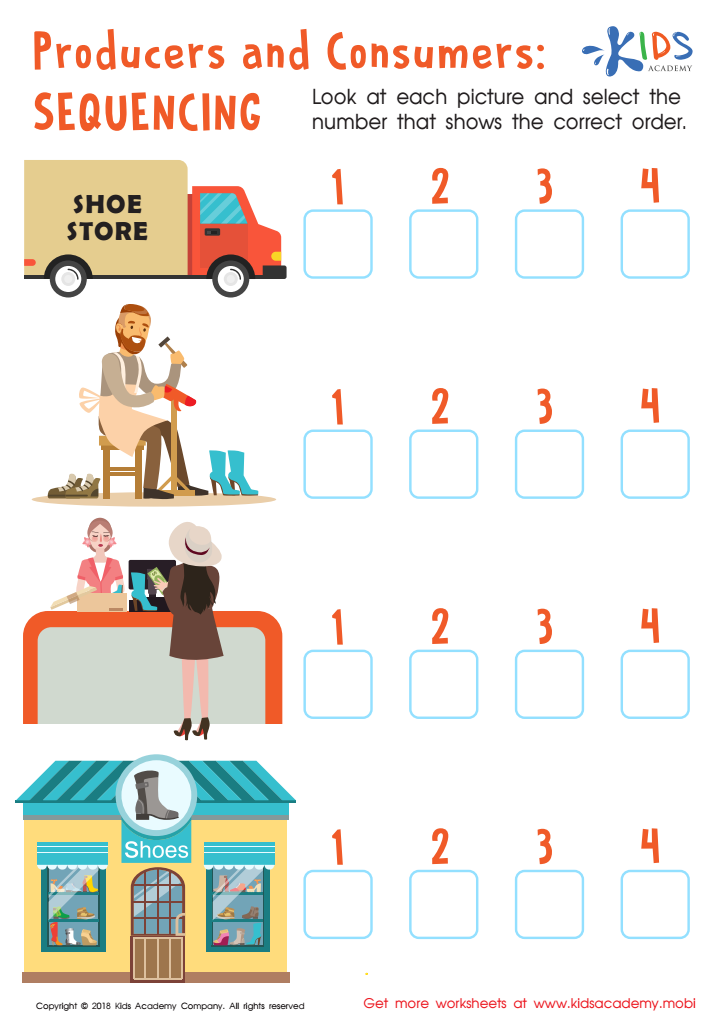

Producers and Consumers: Sequencing Worksheet
Ask your child: Who are producers? Can you give an example? Here's one: a shoe maker. What's happening in each picture? Can you arrange them in the right order? Select the number that shows the correct answer.
Producers and Consumers: Sequencing Worksheet
Worksheet
 Assign to the classroom
Assign to the classroom
